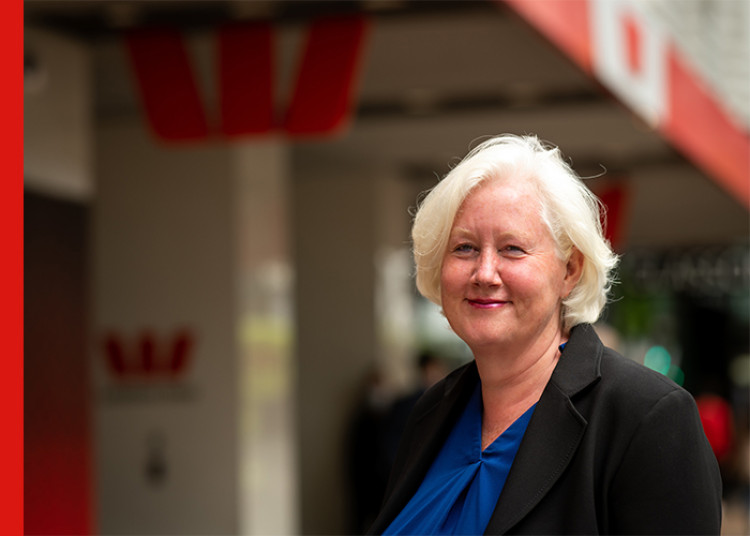
Catherine McGrath, Westpac NZ Chief Executive
Imagine not having a bank account. How would you get paid? How would you securely store your money? How would you buy things and pay bills in a world that is rapidly moving to digital payments?
Many of us wouldn’t last a week trying to live under such frustrating and limiting conditions.
But for a small group of New Zealanders this is their daily reality.
Sometimes called the ‘unbanked’, these are individuals who would like to have a bank account but are not able to access one.
A new report commissioned by Westpac NZ explores the barriers to getting a bank account and the impact on those left on the sidelines.
The report, authored by Thinkplace, is a strong reminder of what banking means at a human level.
Banking is not just about storing and using money.
In fact, having a bank account is a cornerstone of modern society. It’s vital to getting paid for a job, paying for a home and reducing your chances of being financially exploited by others.
Not having an account disenfranchises people and stops them from fully contributing to society.
The scale of the problem is relatively small – the World Bank estimates 98.75% of adult New Zealanders have an account – but the impact is high.
Among those most affected are the homeless, youths in care, prisoners and the bankrupt – people who often already have more than their fair share of challenges in life.
Lack of ID documents and proof of address – requirements of the anti-money laundering regulations banks operate under – were the most commonly mentioned barriers to getting an account but other issues included bankruptcy or insolvency, poor credit rating, financial and digital literacy, fear of judgement and anti-social behaviour.
Our team is already opening accounts for prisoners who are nearing release from prison. A bank account is invaluable for someone seeking the best possible chance of successfully reintegrating into the community.
We’re also working with Oranga Tamariki and advocacy organisation VOYCE-Whakarongo mai to make it simpler for young adults in state care to get a bank account and access financial education, to help avoid some of the problems identified in the report.
Additionally, we’re working to better assess bank account applications for individuals who may have been declined in the past due to their high-risk status, for example people who have been bankrupt, or have serious criminal convictions.
But you only need to read the comments in the report from some of the nearly 60 NGOs and agencies interviewed to know that we can do more to help.
What shines through is a perception that banks are better at finding reasons to say ‘no’ than ‘yes’.
For example, the report cites a case in which a police officer visited a bank to verify the address of a youth trying to open a bank account, but this was not accepted as suitable evidence.
That decision may well have adhered correctly to the relevant regulations, but should the system allow banks greater discretion when it comes to matters like proof of address?
That’s something the Government has made some initial moves on, but there is scope for banks to review whether they have appetite to build more flexibility into the way they interpret the regulations.
At some level it may take an element of corporate courage to turn those automatic ‘no’ decisions into a more nuanced case-by-case consideration that may result in a ‘yes’ in future.
Significant strides have been made in making banking language more understandable, and there are moves afoot across the industry and financial sector to further boost financial capability.
We’ve made a start and other banks have no doubt also taken steps, but the report shows there is some way to go in addressing these issues. Certainly, no single organisation can do it alone.
Therefore, the team at Westpac is sharing the report with other banks and key public sector agencies, to increase the opportunities for meaningful change.
I firmly believe, if we invest time and effort into helping more vulnerable customers access a bank account, we’ll greatly benefit.
